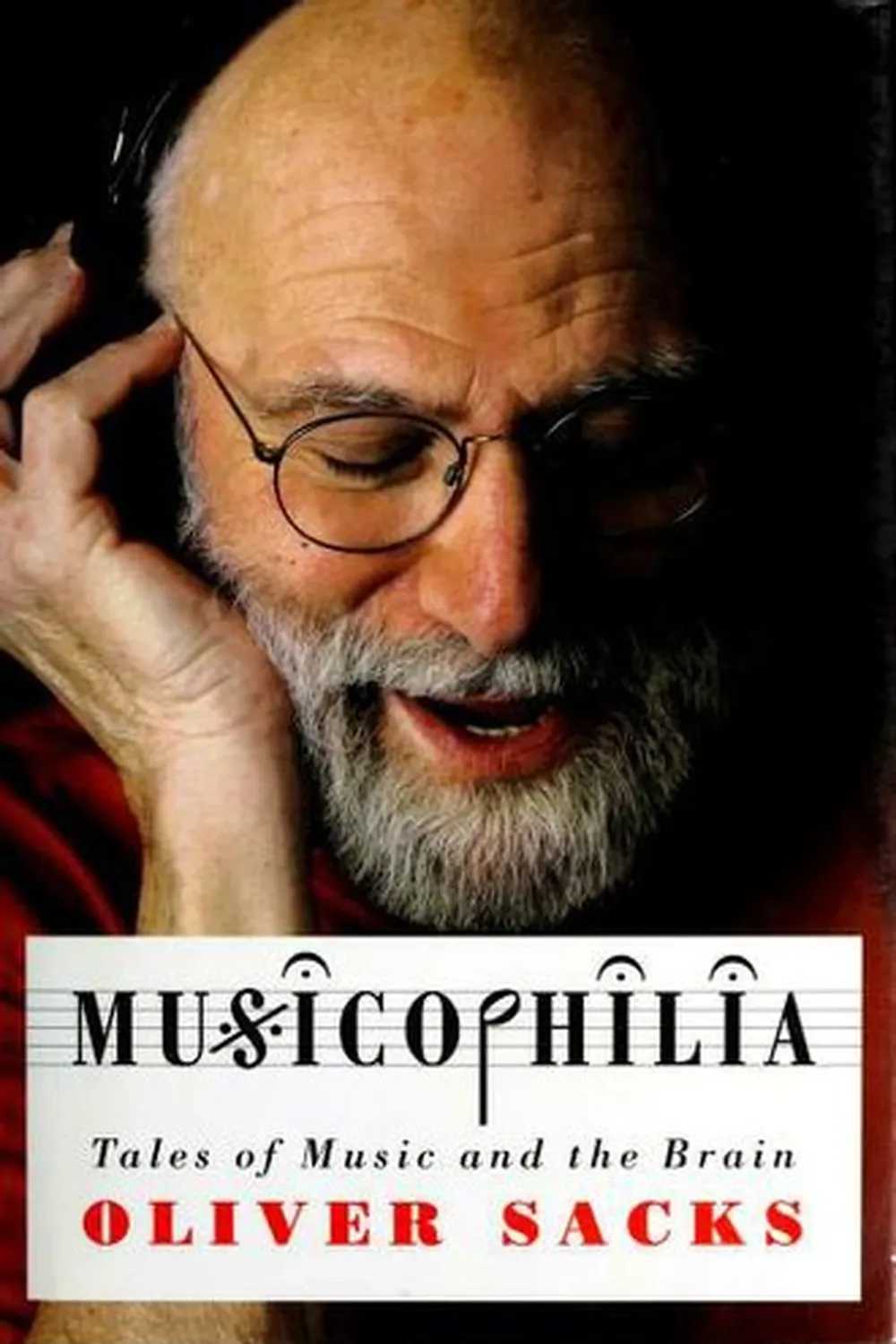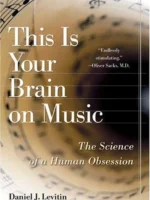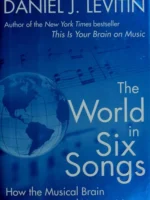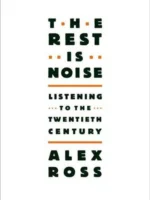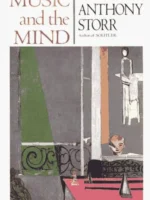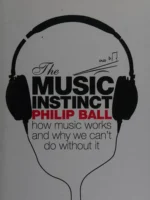Musicophilia Review
Musicophilia by Oliver Sacks is a clinical and humane exploration of how music engages and sometimes rescues the brain. Through case histories, Sacks shows music as therapy, trigger, obsession, and identity anchor.
Overview
Stories span musical hallucinations, amusia and aphasia, perfect pitch, synesthesia, Parkinson’s and stroke rehabilitation, dementia access to song, and savant talents. Neurology meets biography.
Summary
Music can persist when language fails, cue movement when gait is frozen, and unlock memory in dementia. Sacks profiles patients whose conditions isolate components of musicality—perception, rhythm, affect—revealing separable neural functions. He balances mechanism with lived experience and ethical care.
Authors
Oliver Sacks, neurologist and storyteller, writes with empathy and clinical rigor. He resists overclaiming while making complexity legible.
Key Themes
Modularity of musical functions; resilience of musical memory; rhythm as motor scaffold; individuality of neural wiring.
Strengths and Weaknesses
Strengths: unforgettable cases, careful reasoning, and practical therapeutic implications. Weaknesses: anecdotal limits and uneven depth on mechanisms by modern standards. Pair with current rehab research.
Target Audience
Clinicians, therapists, caregivers, musicians, and readers of narrative science.
Favorite Ideas
Rhythmic auditory stimulation for gait; song as language surrogate; hallucinations revealing the brain’s predictive music engine.
Takeaways
Music is not cosmetic. It taps durable circuits for movement, memory, and emotion—useful for therapy and revealing of the brain’s design.

